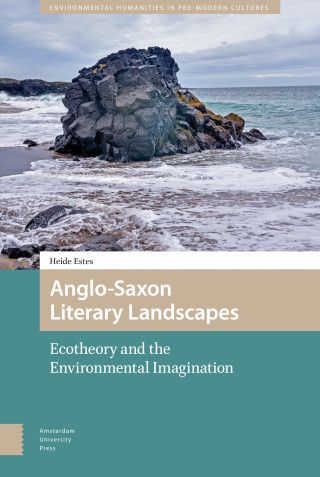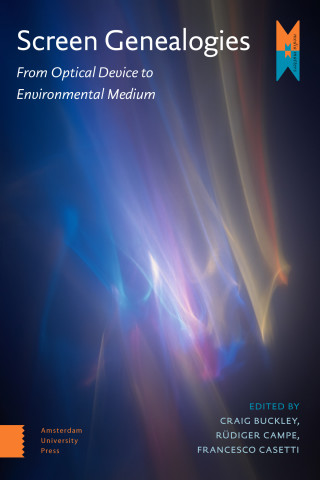This study explores how Shakespeare, Ben Jonson, Andrew Marvell, and Milton among many others appropriated Spenser’s long and shorter poems for creating comedy, parody, and satire. Their appropriations, which were widely influential on communities of readers, writers, and intertextual networks from 1590–1660, left an abiding impression of Spenser as a biting satirist. Spenser’s Afterlife from Shakespeare to Milton: 'The Faerie Queene' as Intertextual Environment is the first study to combine the reception history of The Faerie Queene with ecocriticism, animal studies, and posthumanist tenets of vital materialism and the power of things. This poem functions as a powerful, nonhuman agent that transforms how readers respond to their environments. The Faerie Queene and its afterlives move readers to perceive flaws in political, social, and religious figureheads and institutions to envision better ones.





